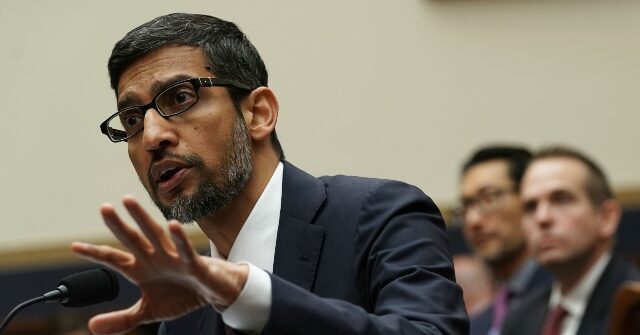In the recent antitrust trial involving Google and the Department of Justice (DOJ), significant arguments were presented concerning Google’s dominance in the online advertising sector. This trial, held in Alexandria, Virginia, spanned three weeks and resumed following a month-long recess. The DOJ’s case hinges on allegations that Google has unlawfully monopolized the programmatic advertising market by controlling various aspects of the ad-tech supply chain. They assert that Google’s grasp extends from the largest ad server to the largest ad exchange, effectively stifling competition by creating an ecosystem that includes a wide array of advertisers. The DOJ’s attorney, Aaron Teitelbaum, characterized Google as a “monopolist” multiple times, emphasizing the extent of their control over the ad market, drawing parallels to a scenario in which major financial institutions dominated the New York Stock Exchange.
In contrast, Google’s defense aimed to portray its market dominance as a result of technological superiority rather than anti-competitive practices. Lead attorney Karen Dunn highlighted the fierce competition Google faces from other technology giants such as Meta, Microsoft, and TikTok. She referenced two Supreme Court cases—Ohio v. American Express Co. and Verizon v. Trinko—to bolster her argument that Google operates within legal boundaries. Dunn further contended that Google’s ability to require certain arrangements with publishers is standard in a two-sided market, where companies are free to choose their partnerships. This defense rests on the premise that Google’s position has been earned through innovation and competitiveness.
Judge Leonie Brinkema, presiding over the case, posed critical questions regarding the DOJ’s strategy, particularly their choice to refrain from summoning advertisers to bolster their claims. Instead, the DOJ relied heavily on testimonies from media buyers and agencies, which raised doubts about their overall representation of the market’s dynamics. Judge Brinkema expressed concern that the DOJ’s argument heavily focused on Google’s sell-side operations and lacked robust evidence from the buy-side, which could offer a more comprehensive view of the advertising ecosystem. During the proceedings, she also criticized Google’s narrative regarding its workplace culture, indicating that discussions regarding internal communications might tread into precarious territory due to allegations of employees deleting incriminating messages.
The implications of the trial’s outcome could substantially affect the digital advertising landscape, a field where Google holds the title of the world’s largest advertiser. Google’s advertising network has demonstrated exceptional profitability, recently earning $7.4 billion in a single quarter, a figure that notably excludes revenue from Search or YouTube. These financial statistics underscore the significance of the case; a ruling against Google could destabilize its market position and reshape the industry as a whole. This trial is part of a broader scrutiny of Google’s market practices, following a previous ruling earlier this year that found Google had monopolized online search—an essential element of its advertising business.
As the trial edges toward a conclusion, the decision from Judge Brinkema is anticipated to arrive by the end of this year or in early 2025. The verdict could set a precedent for future antitrust cases involving digital platforms and reshape regulations around monopolistic practices in the tech industry. The stakes are high, not only for Google but for the broader ecosystem of digital advertising, as the outcome may herald significant changes in how tech giants operate and compete in this arena.
In summary, the closing arguments encapsulate a pivotal moment in the ongoing struggle between governmental regulatory bodies and major technology firms. The trial illustrates the complexities of antitrust law as it adapts to the nuances of a rapidly evolving digital landscape, where the line between competition and monopoly becomes increasingly blurred. The resolution of this case will not only impact the future of Google but will likely influence the broader framework of digital advertising and market competition in the years to come.

